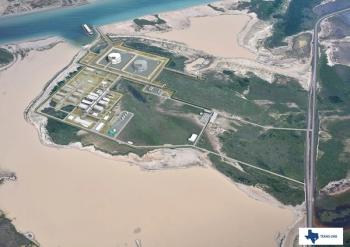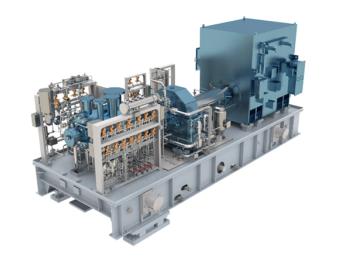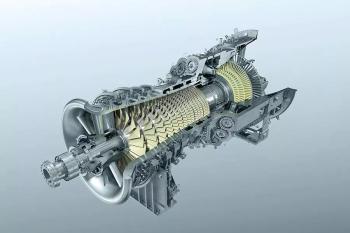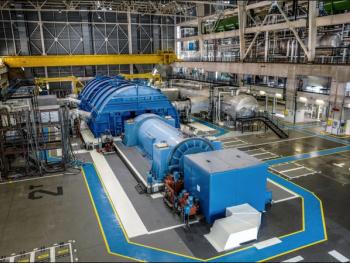
Houston welcomes CERAWeek
After two consecutive years of virtual conferences, the 40th consecutive year of
CERAWeek 2022 by S&P Global rolled into Texas with a lineup of the world’s top
energy executives, ministers, and senior officials. How ironic that on the evening before the conference opening, Brent Crude rose more than $20 per barrel to $135, a 15-year high as the war in Ukraine escalated. The spot price of LNG in Europe had also soared to $140 per million Btu.
CERA’s founder Dan Yergin began the event by interviewing John Kerry, Special Presidential Envoy for Climate and Darren Woods, CEO of Exxon Mobil. In light of recent events, any scripting or planned questions were discarded. Everyone wanted to debate the pros and cons of placing heavier sanctions on Russia. Should the U.S. place an embargo on all Russian oil imports? Should President Biden revitalize the Keystone Pipeline? Should the restrictions on U.S. oil and gas production be lifted and should the policy of delaying review of pending LNG plant applications be changed to fast track?
The takeaway from the debate: No matter where you stand on climate change, a clash of philosophy has been brought to head by the war in Ukraine:
- Leave oil and gas in the ground as the best approach to prevent an increase in atmospheric temperature greater than 1.5◦C by 2050 versus,
- We cannot afford the huge short-term cost of the accelerated ramp rate to net-zero carbon emissions, which places little value on energy security.
Major international oil companies have set up separate business operations to tackle climate change. They see an opportunity to diversity into a profitable new market.
Carbon Capture
The production of oil and gas in and of itself does not have a negative effect on the atmosphere. it is the combustion of hydrocarbons that create most of the greenhouse gas. If carbon capture could be integrated into new power plants, that might be a satisfactory technical solution and perhaps less expensive than building out solar power and green hydrogen.
“Perfect is the enemy of good,” said Tengu Muhammad Taufik, CEO of Petronas, the national oil and gas company of Indonesia.
The technology to make carbon capture and storage affordable requires great scale and project management. Who better to handle large-scale projects relating to hydrocarbon processing that privately funded international oil companies? All they need is the right political signals and the opportunity to earn a profit.
Mike Wirth, CEO of Chevron, stated the goals simply: “Higher returns, lower carbon.”
The consensus amongst the experts: Without carbon capture being part of the solution, the goal of limiting atmosphere temperature rise to 1.5◦ C will not be achievable.
Newsletter
Power your knowledge with the latest in turbine technology, engineering advances, and energy solutions—subscribe to Turbomachinery International today.




